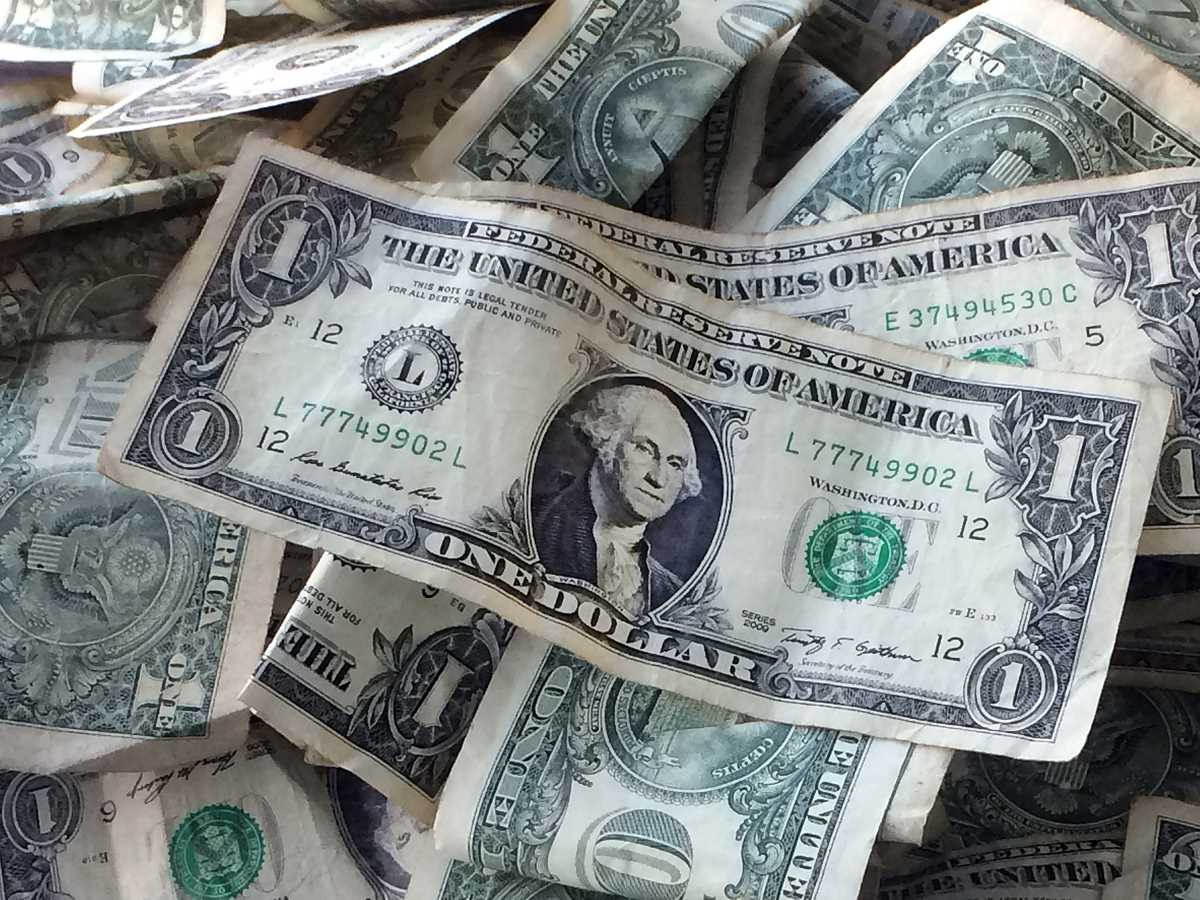Think those small expenses don't matter? The average household bleeds $3,000+ annually through hidden money leaks—from zombie subscriptions to sneaky convenience fees. Here's how to spot and stop the silent drain.

Money Leaks: The Sneaky Ways Your Cash Disappears (And How to Stop the Drain)
Let's talk about something that drives me crazy – those sneaky little expenses that somehow turn into major cash drains. You know what I'm talking about. Not the big splurges (those are obvious), but the quiet, persistent drips that slowly empty your bank account while you're busy living life.
Here's what gets me: We'll spend hours hunting down a good deal on a big purchase, then completely ignore the fact that we're hemorrhaging money through subscriptions we forgot we had. It's like meticulously counting pennies while dollar bills are flying out the window.
Take the whole subscription situation. Remember when Netflix was your only monthly entertainment expense? Those were simpler times. Now? The average household is juggling anywhere from 7 to 12 recurring payments. That meditation app you downloaded during your "new year, new me" phase? Still charging you. That streaming service you only use for one show? Yep, still getting your money every month.
But here's the thing – I'm not here to make you feel bad about your Disney+ subscription. Instead, let's get smart about where your money's actually going.
The "Convenience Tax" is another sneaky one. Look, I get it. We're all busy, and sometimes paying extra for pre-cut vegetables or same-day delivery feels totally worth it. But when these "occasional" conveniences become daily habits? That's when your wallet starts giving you the side-eye.
Let me paint you a picture: That ready-made grocery store salad probably costs you $12. Making it yourself? Maybe $4 in ingredients. Now, $8 might not sound like much, but multiply that by three lunches a week, and suddenly you're looking at over $1,200 a year – just on prepared salads. That's a weekend getaway or a decent emergency fund starter, just sitting there in chopped lettuce form.
Speaking of "good deals" – can we talk about sale psychology for a minute? You know that rush you get when you see "70% OFF!" in big red letters? Retailers are counting on it. But buying something just because it's on sale isn't saving money – it's spending money differently. And don't even get me started on bulk purchases that go bad before you can use them. (Looking at you, five-pound bag of avocados.)
Here's a pro tip: The best deals follow predictable patterns. Winter coats get cheap in spring. Electronics drop prices when new models launch. Even grocery stores have specific mark-down times for perishables. Work with these cycles instead of letting "limited time offers" work you.
Now, let's discuss those invisible upcharges that feel so normal we forget they're optional. Bank fees, ATM charges, foreign transaction costs – they're like tiny paper cuts to your budget. Most people are paying $10-15 monthly in bank fees that could vanish with a different account type or balance minimum. A quick phone call to your bank or credit card company can often eliminate these charges. Yet we keep paying them because... well, because we always have.
And don't even get me started on the technology treadmill. That shiny new phone with features you'll never use? It'll be half price in a year, with those same features probably standard on mid-range models. Breaking free from the upgrade cycle doesn't mean sticking with outdated tech – it means being strategic about when and what you upgrade.
The real kicker? Most of these money leaks aren't even making our lives better. They're just habits we've fallen into, like automatically upgrading to premium versions of everything as our income increases. Sure, that fancy gym membership might actually motivate you to exercise more. But that upgraded cable package? Probably just giving you more channels to scroll past.
Here's what I want you to do: Track your spending for one month. Mark each expense as "essential," "valuable," or "habit." I bet you'll find that 15-20% of your spending falls into that last category – money that's going out simply because you're used to it going out.
Remember, this isn't about depriving yourself or penny-pinching until life loses its flavor. It's about being intentional with your money so it can fund the things that actually matter to you – whether that's building an emergency fund, saving for a dream vacation, or just having the security of knowing your money isn't leaking away while you're not looking.
Smart money management isn't about spending less – it's about spending right. And sometimes, the smartest thing you can do is patch those leaks before they drain your financial future.